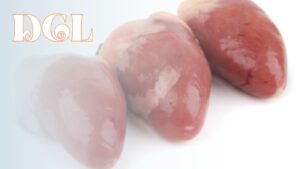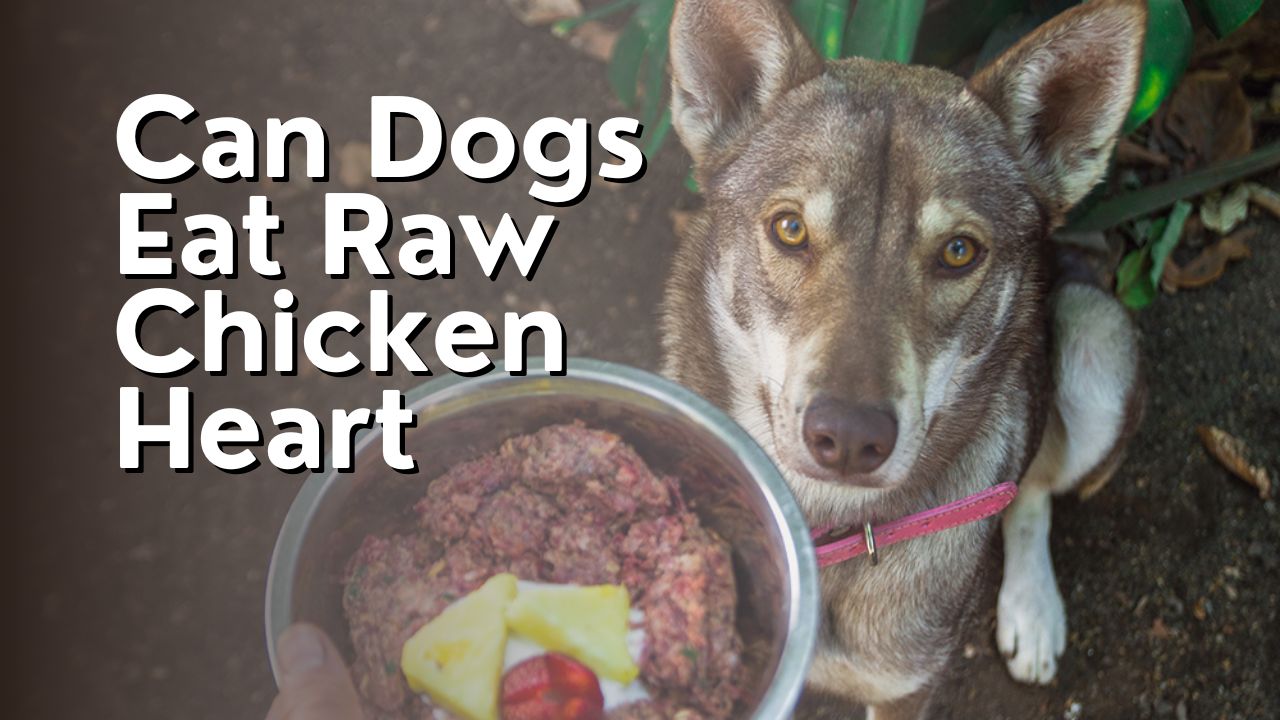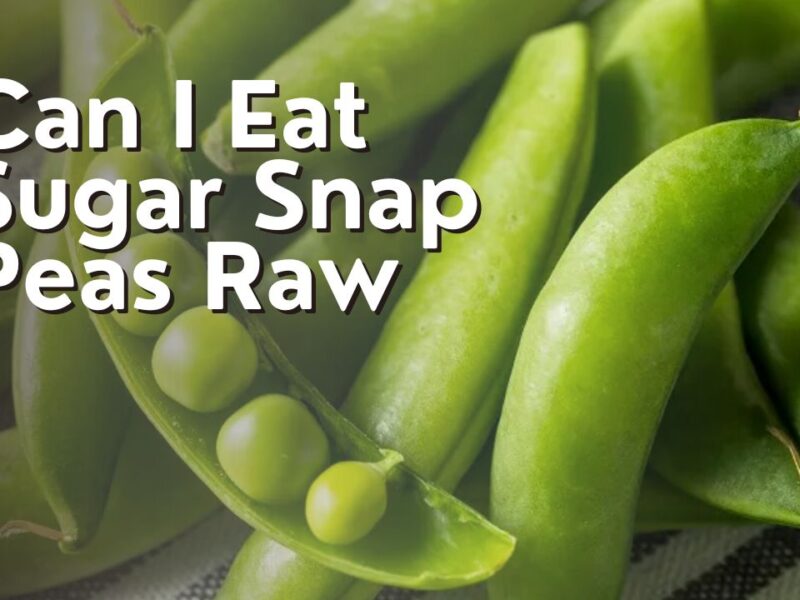I’ve always been curious about what foods are safe and healthy for my furry friend, especially when it comes to his diet. One particular question that has recently come to mind is whether dogs can eat raw chicken heart.
After doing some research, I’ve found that raw chicken heart can actually provide numerous nutritional benefits for dogs. Not only is it a great source of protein, but it also contains essential vitamins and minerals that contribute to their overall well-being.
However, it’s important to follow certain guidelines to ensure safe consumption. This includes properly handling and preparing the chicken heart, as well as being aware of potential risks and taking necessary precautions.
If you have any doubts or concerns, consulting with your veterinarian is always a good idea. So, let’s dive deeper into the topic and discover if adding raw chicken heart to your dog’s diet could be a healthy and tasty option.
The Nutritional Benefits of Raw Chicken Heart for Dogs
You’ll be amazed at how much healthier and happier your furry friend will be when you feed them raw chicken heart – it’s packed with essential nutrients that will make their tail wag with delight! Raw chicken heart is not only a delicious treat for dogs, but it also provides numerous nutritional benefits.
First and foremost, raw chicken heart is an excellent source of protein. Dogs need protein to build and repair tissues, support a healthy immune system, and maintain a shiny coat. By including raw chicken heart in their diet, you are giving them a high-quality protein source that is easily digestible and beneficial for their overall well-being.
Additionally, raw chicken heart is rich in vitamins and minerals. It contains essential nutrients such as vitamin B12, iron, and zinc, which are vital for a dog’s energy levels, blood health, and immune system function. These nutrients support their overall health and can help prevent deficiencies that may lead to various health issues.
Furthermore, feeding your dog raw chicken heart can also help promote dental health. The natural chewing action required to consume the heart helps remove plaque and tartar from their teeth, reducing the risk of dental problems such as gum disease and tooth decay.
In conclusion, adding raw chicken heart to your dog’s diet can provide them with a range of nutritional benefits. From protein and vitamins to dental health support, this tasty treat is a natural and wholesome option for your furry friend.

Guidelines for Safely Feeding Your Dog Raw Chicken Heart
Make sure to follow these guidelines to safely include this organ meat in your furry friend’s diet. Feeding your dog raw chicken heart can provide numerous health benefits, but it’s important to take precautions to ensure their safety.
Firstly, always make sure to source high-quality, fresh chicken heart from a reputable butcher or supplier. This will minimize the risk of contamination and ensure that your dog is getting the best possible nutrition.
Before feeding the raw chicken heart to your dog, it’s crucial to properly handle and prepare it. Wash your hands thoroughly before and after handling the raw meat to prevent the spread of bacteria. Additionally, clean any surfaces or utensils that come into contact with the chicken heart to avoid cross-contamination.
When it comes to serving size, remember that chicken heart should only make up a small portion of your dog’s overall diet. It’s recommended to feed about 1 to 2 chicken hearts per day for an average-sized dog. However, always consult with your veterinarian to determine the appropriate serving size based on your dog’s specific needs.
Lastly, monitor your dog closely after introducing raw chicken heart to their diet. Watch for any signs of digestive upset or food allergies, such as vomiting or diarrhea. If you notice any adverse reactions, discontinue feeding the chicken heart and consult your vet.
By following these guidelines, you can safely incorporate raw chicken heart into your dog’s diet, providing them with the nutritional benefits this organ meat offers.
Potential Risks and Precautions
When it comes to feeding your dog raw chicken heart, there are a few potential risks and precautions to keep in mind.
One of the main concerns is the risk of bacterial contamination, as raw meat can harbor harmful bacteria like Salmonella and E. coli.
Additionally, chicken hearts can be a choking hazard if not properly prepared or if your dog gulps their food without chewing.
Lastly, some dogs may have allergic reactions to chicken or other ingredients in the raw heart, so it’s important to monitor your dog for any signs of an allergic response.
Bacterial Contamination
Although dogs can consume raw chicken hearts, it is important to be aware of the potential risk of bacterial contamination. Raw poultry, including chicken hearts, can be contaminated with bacteria such as Salmonella or Campylobacter. These bacteria can cause gastrointestinal issues in dogs, leading to symptoms like vomiting and diarrhea. To minimize the risk, it is crucial to handle raw chicken hearts properly. This includes storing them separately from other food, washing hands and surfaces thoroughly after handling, and keeping them refrigerated at all times. Additionally, cooking the chicken hearts can help eliminate any potential bacteria. It is always best to consult with a veterinarian before introducing raw food into your dog’s diet.
Here is a table that summarizes the potential bacteria and their effects:
| Bacteria | Potential Effects |
|---|---|
| Salmonella | Gastrointestinal symptoms |
| Campylobacter | Vomiting and diarrhea |
| E. coli | Abdominal pain and fever |
| Listeria | Fever and muscle aches |
Choking Hazard
Be cautious, as there is a potential choking hazard associated with this particular food item.
While dogs can eat raw chicken hearts, it is important to remember that these small organs can pose a risk of choking, especially for smaller breeds or dogs who tend to eat quickly without chewing their food properly.
To minimize the risk, it is recommended to either finely chop or grind the chicken hearts before feeding them to your dog. This will make it easier for your furry friend to swallow and digest the food without any problems.
Additionally, always supervise your dog while they are eating to ensure they do not swallow the chicken heart whole.
By taking these precautions, you can safely include raw chicken hearts in your dog’s diet.
Allergic Reactions
After discussing the potential choking hazard of dogs eating raw chicken hearts, let’s now talk about another possible concern: allergic reactions.
Just like humans, dogs can have allergies too, and it’s important to be aware of what they can and cannot tolerate. While some dogs may have no problem with raw chicken hearts, others may experience allergic reactions.
These reactions can range from mild symptoms like itching and skin irritation to more severe ones like vomiting and difficulty breathing. To determine if your dog is allergic to chicken hearts, look out for signs such as excessive scratching, redness, or swelling.
If you suspect an allergy, consult your veterinarian for proper diagnosis and guidance. Remember, every dog is unique, so it’s always best to be cautious and observe how your furry friend responds to new foods.
Here are some signs of a possible allergic reaction in dogs:
- Itching and scratching excessively
- Redness or swelling in the face, paws, or ears
- Vomiting or diarrhea after consuming the food.
Alternative Cooking Methods for Chicken Heart
For an alternative cooking method, you can try grilling chicken hearts to bring out their natural flavors. Grilling chicken hearts not only adds a smoky and charred taste to the meat, but it also helps to retain its juiciness.
To do this, simply preheat your grill to medium-high heat and lightly oil the grates. Season the chicken hearts with salt, pepper, and any other desired spices or marinades. Place the hearts directly on the grill and cook for about 4-6 minutes per side, or until they are cooked through and have a nice char.
Make sure to keep an eye on them as they cook, as they can quickly become overcooked and dry out. Once they are done, remove from the grill and let them rest for a few minutes before serving.
Grilled chicken hearts make a delicious and nutritious treat for your dog, as long as they are cooked properly and served in moderation. So, next time you’re looking for a different way to prepare chicken hearts, give grilling a try!

Consulting with Your Veterinarian
Have you considered reaching out to your veterinarian for advice on feeding chicken hearts to your furry friend? Consulting with your veterinarian is always a wise decision when it comes to your pet’s diet. They have the knowledge and expertise to guide you in making the best choices for your dog’s health and well-being.
When it comes to feeding raw chicken hearts, your veterinarian can provide you with valuable insights. They can assess your dog’s specific dietary needs and determine if raw chicken hearts are a suitable option. They can also advise you on portion sizes and frequency of feeding to ensure your dog receives the right balance of nutrients.
Additionally, your veterinarian can address any concerns or potential risks associated with feeding raw chicken hearts. They can inform you about the potential for bacterial contamination, as well as the importance of handling and storing raw meat properly. They may also discuss the benefits of alternative cooking methods, such as boiling or baking, to reduce the risk of bacterial contamination while still providing the nutritional benefits of chicken hearts.
In conclusion, consulting with your veterinarian is essential when considering feeding raw chicken hearts to your dog. They can provide you with personalized advice and address any concerns or risks associated with this type of diet. Remember, your veterinarian is your best source of information and guidance when it comes to your pet’s health and nutrition.
Frequently Asked Questions
Can dogs eat other types of raw poultry hearts?
Yes, dogs can eat other types of raw poultry hearts. They are a great source of protein and nutrients for dogs. However, it’s important to ensure that the poultry hearts are fresh and properly prepared.
How often should I feed my dog raw chicken hearts?
I feed my dog raw chicken hearts about 2-3 times a week. It’s important to provide a balanced diet, so I also include other meats and vegetables. Always consult with a veterinarian for specific feeding recommendations.
Can puppies eat raw chicken hearts?
Puppies can eat raw chicken hearts occasionally as a part of a balanced diet. However, it’s important to consult with a veterinarian to ensure they receive the proper nutrients and to avoid any potential health risks.
Are there any specific breeds of dogs that should not eat raw chicken hearts?
There are no specific breeds of dogs that should not eat raw chicken hearts. All dogs can safely consume raw chicken hearts as part of a balanced diet.
Can dogs with certain health conditions safely consume raw chicken hearts?
Dogs with certain health conditions may not be able to safely consume raw chicken hearts. It is important to consult with a veterinarian to determine if it is suitable for their specific needs.
Conclusion
In conclusion, I have found that feeding dogs raw chicken hearts can provide numerous nutritional benefits. However, it’s crucial to follow guidelines and take precautions to ensure the safety of our furry friends.
While there are potential risks involved, consulting with a veterinarian can help address any concerns and provide expert advice.
If raw feeding is not an option, alternative cooking methods can still offer some benefits.
Ultimately, it’s important to prioritize the well-being of our dogs and make informed decisions about their diet.


